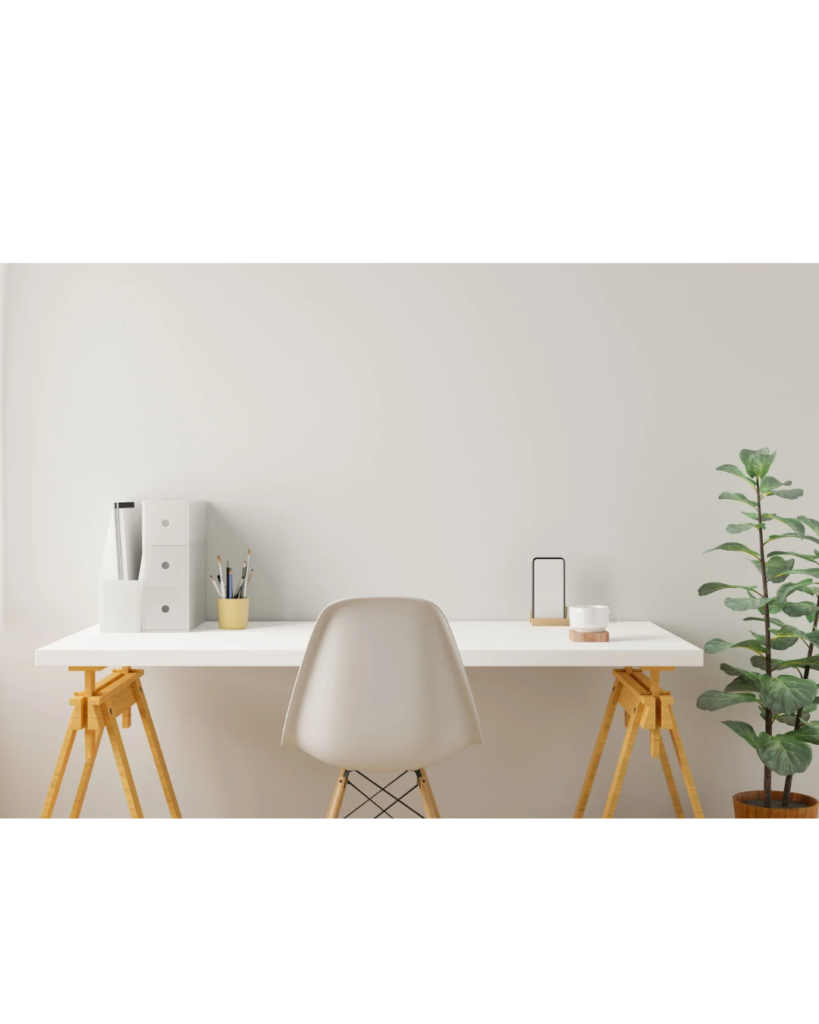In a world that often glorifies excess and consumerism, the concept of minimalist living has emerged as a refreshing antidote. Minimalism is more than just an aesthetic trend; it’s a lifestyle that encourages individuals to embrace simplicity, prioritize what truly matters, and create a more intentional and meaningful existence. In this blog post, we’ll delve into the principles of minimalist living, exploring how it can lead to a more organized and fulfilling life. Additionally, we’ll provide practical steps for decluttering and simplifying various aspects of life.
The Principles of Minimalism
At its core, minimalism is about focusing on what adds value to our lives while eliminating the excess that doesn’t. It’s a deliberate and conscious choice to live with less, allowing room for experiences, relationships, and personal growth. The principles of minimalism include:
1. Intentionality:
Minimalism encourages intentional living. It prompts individuals to consider their choices and prioritize activities, possessions, and relationships that align with their values and contribute to their overall well-being.
2. Simplicity:
Simplicity is a cornerstone of minimalist living. By simplifying our lives, we reduce the mental and physical clutter that can distract us from what truly matters. This simplicity extends to our possessions, our daily routines, and even our relationships.
3. Mindful Consumption:
Minimalism advocates for mindful consumption. Instead of mindlessly acquiring possessions, individuals are encouraged to make intentional and thoughtful choices about what they bring into their lives. Quality over quantity becomes a guiding principle.
4. Decluttering:
Decluttering is a central aspect of minimalist living. It involves systematically evaluating and eliminating unnecessary possessions, creating physical and mental space for a more purposeful life.
Embracing Minimalism for a More Organized Life
1. Declutter Your Living Space:
Start the journey towards minimalist living by decluttering your living space. Assess each item and ask yourself if it serves a purpose or brings you joy. Donate or discard items that no longer align with your values or contribute to your well-being.
2. Capsule Wardrobe:
Simplify your wardrobe by adopting a capsule wardrobe. Choose versatile, high-quality pieces that can be mixed and matched, eliminating the stress of decision-making and reducing the need for excessive clothing.
3. Digital Minimalism:
Extend minimalism to your digital life. Organize and declutter your digital devices by deleting unnecessary files, apps, and emails. Create a streamlined and distraction-free digital environment to enhance focus and productivity.
4. Streamline Your Commitments:
Evaluate your commitments and activities. Identify those that bring you joy, fulfillment, and align with your goals. Consider letting go of obligations that contribute to stress without adding significant value to your life.
5. Mindful Spending:
Adopt a mindful approach to spending. Before making a purchase, ask yourself if the item is truly necessary and adds value to your life. Avoid impulsive buying and focus on investing in experiences rather than accumulating possessions.
6. Digital Detox:
Take regular breaks from digital devices. Embrace periods of digital detox to connect with the present moment, fostering a greater appreciation for real-life experiences and relationships.
The Benefits of Minimalist Living
Embracing a minimalist lifestyle can lead to a myriad of benefits, including:
1. Increased Clarity and Focus:
Minimalism reduces distractions and allows for increased mental clarity. With fewer possessions and commitments vying for attention, individuals can focus more on their priorities and goals.
2. Reduced Stress:
The intentional and mindful approach to living that minimalism encourages can significantly reduce stress. Letting go of the burden of excess possessions and commitments lightens the mental load, promoting a sense of calm.
3. Enhanced Well-being:
Minimalism fosters a deeper connection with oneself and promotes a more intentional and meaningful life. By prioritizing experiences and relationships, individuals often report higher levels of overall well-being and contentment.
Conclusion
In a world that often equates success with accumulation, minimalist living offers a refreshing perspective. It’s a conscious choice to focus on what truly matters, fostering a life of greater purpose and fulfillment. By embracing the principles of minimalism and incorporating practical steps to declutter various aspects of life, individuals can create a more organized, intentional, and meaningful existence. So, let’s step back, assess our lives, and consider how the simplicity of minimalism can lead to a richer and more fulfilling journey in this materialistic world.
